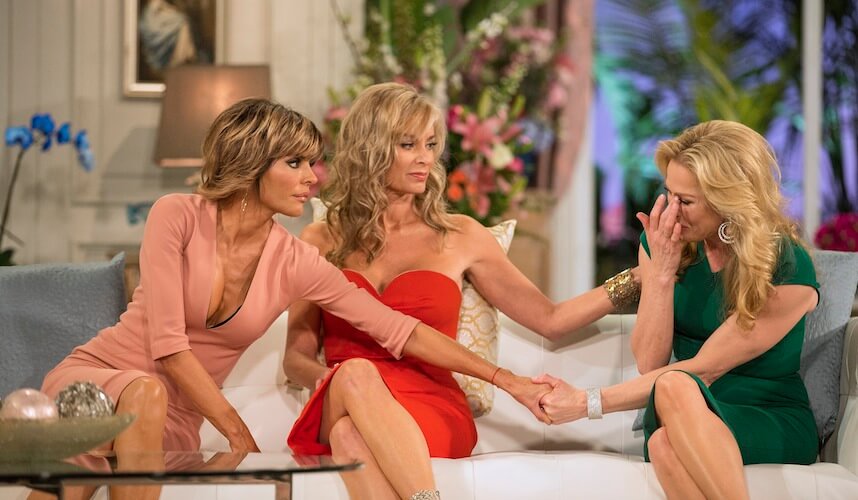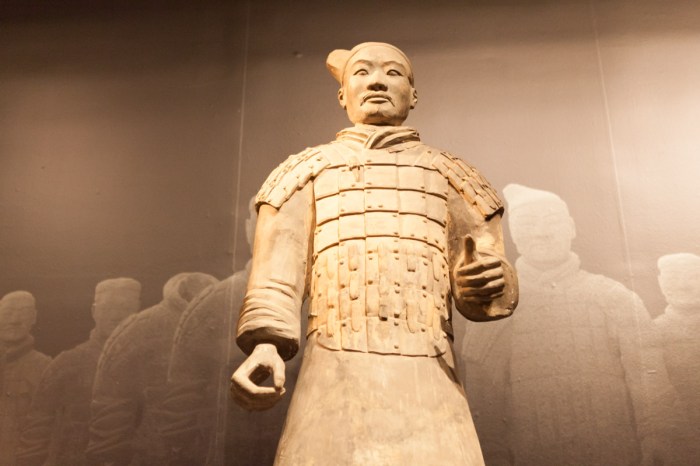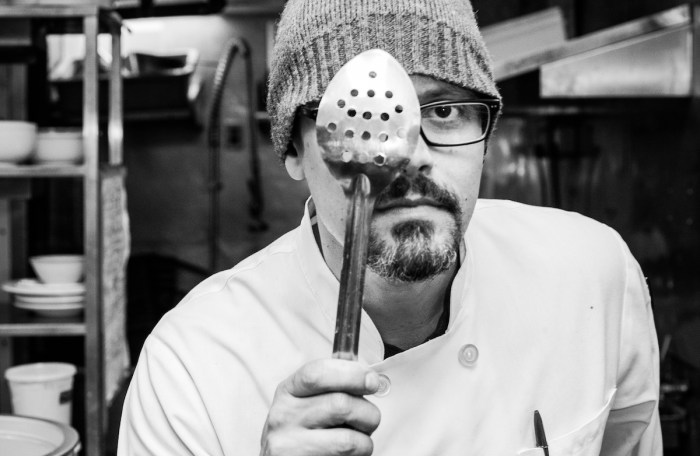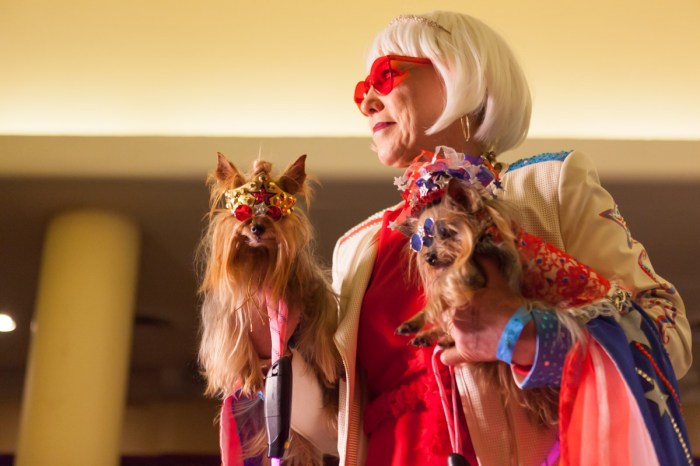The Golden Girls was revolutionary for Elizabeth Yuko’s career.
The 32-year-old writer and bioethicist sums up her field as “basically those topics that people don’t want to talk about.” Having watched the sitcom about four older women sharing a house in Florida since age 2, Yuko began to realize that a lot of the issues in her research, like end-of-life care and HIV, were addressed in the show. RELATED: Gold guns and Solo cups make America beautiful at Macy’s Flower Show “Because the four characters on the show are so well established, they offer a very effective lens for looking at complex issues,” she says. “Really, for a lot of people, their first exposure to bioethics is through exposure to TV and movies.” If pop culture can teach us about ourselves, what about the people we’re watching?
RELATED:Nolita’s Public makes a vegetarian shift, but offal’s not off the menu “There are so many ethical issues in terms of possible exploitation of performers, consent issues, paternalism [telling differently abled people they can’t perform],” she says. “And there are also ethical issues in terms of being a consumer — what should we be thinking about while watching it?” The benefit of being seen
Shows, whether reality or a circus, give people who would normally be shunned or hidden away by their families a source of income and agency. But some see it as exploiting those who might be performing because it’s their only option. However, there’s a key difference. “If you look at pretty much any show on TLC —Here Comes Honey Boo Boo,My 600-lb Life, Married to… whoever — they’re basically modern-day sideshows taking place in everyone’s living room,” Yuko points out. “In one way it might normalize people who have been marginalized and people might not have experienced firsthand. But at the same time, if people are consuming them in this particular context, they’re doing it through the lens of what the television producers want it to look like.” The trouble with going from sideshow to TV
The audience for a sideshow was different than reality TV, and that has implications, too. Leaving their homes, traveling to the circus and usually paying for a ticket to a specific act required “a lot more conscious decision-making,” Yuko points out, “whereas a lot of people end up watching reality shows when they’re flipping through channels.” Even if you understand that a reality TV show is not normal life, and that much of it is likely staged and overdramatized, not everyone who’s watching might. “As we get older, we’re able to recognize this a little bit more, but maybe some of the younger viewers might take that as more reality than it actually is,” she notes. Have shows gotten more real, or less?
The reality TV craze kicked off with the insane-sounding premise ofSurvivorin 2000: 16 people would be stranded on an island to survive for 30 days. “I remember thinking it sounded terrifying,” Yuko says. “I’m a very anxious person, and none of that sounded good.” While the castaways had to leave their normal lives behind for a constructed reality, was it any more or less real than something like Real Housewives? “With Survivor, when you see them reacting to things, you really are seeing them reacting to not having had a toothbrush for two weeks,” Yuko says. “In a way it might have been more genuine — still very much staged and put together in a way that’s easiest to package as a good source of entertainment — but I think with Real Housewives, it’s even easier to manipulate and package that.” Want to get a little peek at how the sausage gets made, and experience reality TV that might teach you something about the world? We got Yuko’s recs.
30 Rock— Beginning with episode 11 in the show’s fifth season, “Mrs. Donaghy,” Tracy Jordan’s wife Angie gets a reality show deal (but only because Jack Donaghy is trying to blackmail Liz Lemon into divorcing him after they were accidentally married). It all builds toward Episode 17, “Queen of Jordan,” which showed the editing process and how the “characters” were edited to be more flattering than their “30 Rock” counterparts. unReal— This Lifetime drama takes a critical look at the behind-the-scenes production of reality shows, a “Bachelor”-type reality show where the ethical decision-making process of the producers is part of the drama. Pioneer Quest— Yuko enjoys “anything where people go back to live like people from the past,” like this Canadian reality TV show in which two couples head out into the wilderness to live like people did in the late 1800s. The difference, she explains, is that “these people are opting in, so it’s not just, ‘Oh, I have this trainwreck of a family and we need money.’”
Is there an ethical way to watch reality TV?

Bravo/NBCU/Getty

















